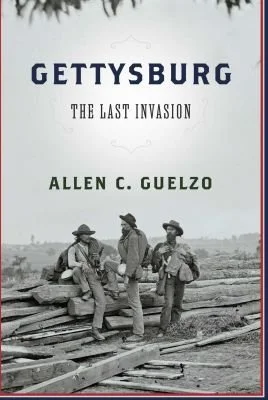General Characteristics of Early Reformed Liturgies.[1]
As the Reformation got underway and the Reformed churches began to develop their own distinct theological identity and practices, general characteristics of Reformed liturgical practice emerged. The following are found in the majority of Reformed liturgies in the Reformation era and can be summarized as follows: (1) The assumption that the church is the assembly of the covenant community. (2) The assembled people of God participate in worship in the common tongue. (3). Simplicity. (4). The centrality of word and sacrament. (5) A central role for Psalms. (6). Adaptability to need and circumstance.
Emerging Liturgical Forms and Practices
Given the stress upon congregational participation in worship as central among the changes brought about by the Reformation, the assembled worshipers sang, prayed, heard the word of God read and preached, and received the sacraments regularly. These things were not limited to the clergy, choirs, etc. Full congregational participation can be seen in the common liturgical practices adapted early on. Worship in the Reformed churches was grounded in a word-centered liturgy in the vernacular (the common language). This was a departure from pre-Reformation practices, amounting to a . . .
Far-reaching change . . . The whole service [was read] in a clear audible voice [not Latin] and in the vernacular tongue. Low mass had been the popular form of service for a considerable period before the Reformation, and this meant that the old service had been said in Latin and also inaudibly. Now, for the first time, the people both heard the words and understood them, while at one stroke the old secret prayers disappeared and the central rite [i.e., the mass] stood clear of medieval accretions.”[2]
Much of the Reformation era liturgical reform was adapted from the ancient church, in part, to demonstrate that Reformation churches were not schismatic–a charge often leveled against them by Rome. Because the goal was the reform of the true church, the following became mainstays of the Reformed liturgies: The Lord’s Prayer, the Creed, a confession of sin with absolution or declaration of pardon, and intercessory prayers.
To read the rest, follow the link below
Read More



















